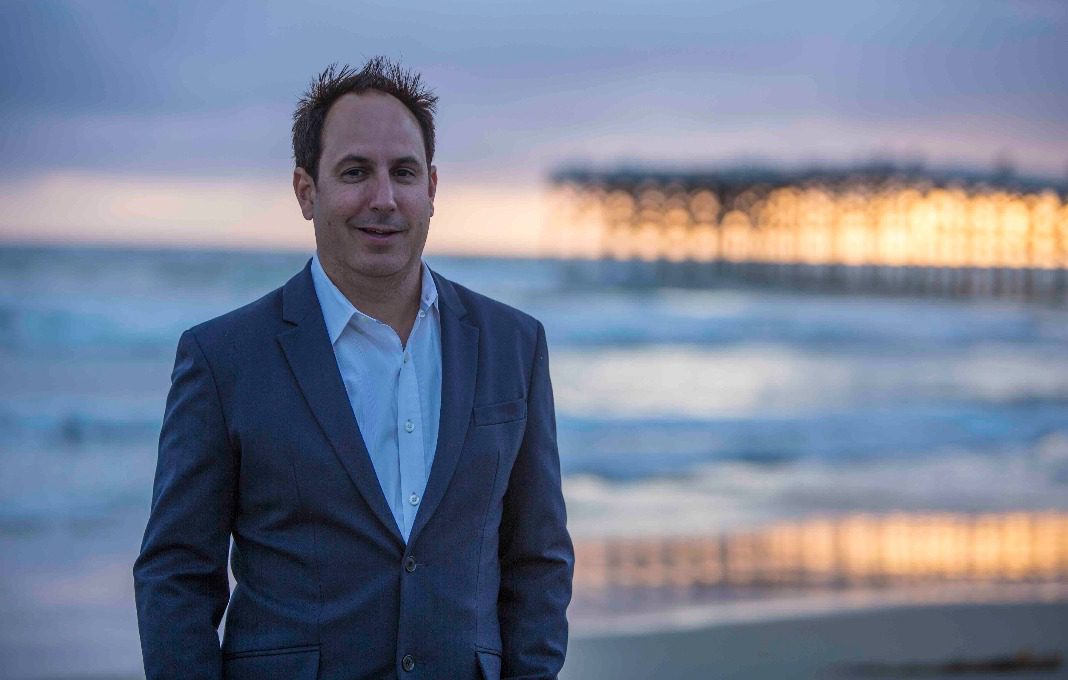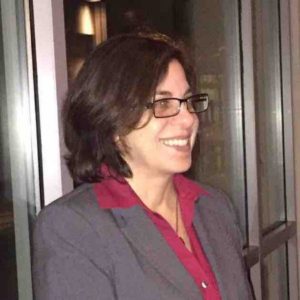Thinking About Changing The Workday? Read This First.


 Stephan Aarstol did not decide to shake up the work week in 2015 because he was trying to fix something broken. On the contrary, the San Diego-based company, Tower Paddle Boards, had been enjoying a long period of financial and other successes since its founding five years earlier. In 2012, after Aarstol appeared on NBC’s Shark Tank, Marc Cuban came on as an investor and later called it the best investment he’d made in the history of the show. The company went on to win numerous superlatives in 2013, 2014 and 2015, reaching #39 on the Inc. 500 list.
Stephan Aarstol did not decide to shake up the work week in 2015 because he was trying to fix something broken. On the contrary, the San Diego-based company, Tower Paddle Boards, had been enjoying a long period of financial and other successes since its founding five years earlier. In 2012, after Aarstol appeared on NBC’s Shark Tank, Marc Cuban came on as an investor and later called it the best investment he’d made in the history of the show. The company went on to win numerous superlatives in 2013, 2014 and 2015, reaching #39 on the Inc. 500 list.
But Aarstol wanted to get to the next level. “I was thinking, how are we going to create a hundred million dollar company?” He started studying other successful brands in the industry, such as Patagonia, and found that they “lived their brands.” In thinking about how a beach/surfing lifestyle company might better do that, Aarstol started rethinking the 9-to-5 work shift. Located just two blocks from the beach, he thought, Tower Paddle Boards should be offering employees more opportunity to pursue their surfing interests. “We weren’t being very authentic to our brand,” he says.
The other issue was talent. “When I started the company in 2010, unemployment was probably around 10%—we were just coming out of the recession—so it was very easy to hire people. And the reason we were able to have that fast growth is because we had those incredible people,” says Aarstol. But in 2015 it was getting harder and harder to get, and keep, the best talent. “I thought, if I give everybody a five-hour workday here, I’m going to attract and retain the best workers—I’ll have my pick.”
Aarstol also noticed that that’s largely how he himself tended to work, coming in in the morning, being hyperproductive, and leaving for the day at some point in the afternoon. “It sort of dawned on me one day—why can’t I just get a bunch of people like me in the company?”
So he announced a three-month trial for the new schedule of 8am-1pm—no breaks, no lunch and, most importantly, no additional cost to the company.
The experiment seemed to work—at first. Productivity soared; employees were motivated to find new tools to boost output and get more done in a shorter time. Revenues increased by 50% that year. “And I’m thinking, why didn’t we do this before?” says Aarstol. He extended the new schedule by another two years.

But a strange thing happened on the way to hypergrowth: people started leaving. In 2017, 44% of the staff turned over. “It was like this mass exodus from the company,” says Aarstol. “All these people were being paid well, they had a five-hour workday and they were leaving.”
Aarstol’s conclusion? “I think when we did this, we broke the company culture,” which prior to the experiment, had been that of a scrappy startup, with “everybody working long hours in the trenches alongside one another,” he says. “You form really strong bonds with people when you do that. But when you’re walking out the door at 1 o’clock, work becomes this thing you do before lunch to sort of afford this luxurious lifestyle. The rest of your life becomes much bigger.”
And the connection to the company grows weaker. For Tower’s employees in particular, who are largely millennials, the company’s culture, and its raison d’etre, are more of a magnet than salary or hours. “What gets people in, and keeps them in, is what the company is actually doing.”
From then until the start of the pandemic, the company instituted a hybrid model, with the five-hour workday happening only during the summer. Then came Covid, revenue decline and worries about staying in business. So the current policy is that the five-hour workday is implemented only in years when revenue climbed the year before. “In 2020 we doubled revenue, so in 2021 we’re going to have the five-hour workday for four months,” starting in August. “So now it becomes almost like a Christmas bonus” rather than an entitlement, he notes, “and it’s something the team is working on and they all get to enjoy. But they have to earn it.”
While the shorter workday did not turn out to be the magic bullet Aarstol expected, the experiment was well worth it: the productivity wisdom gleaned during the initial experiment continue to benefit the company, and Aarstol learned a lot about how his employees work and what motivates them most.
His advice to other CEOs? Take advantage of the somewhat artificial constraint that the pandemic placed upon the traditional workday and try new and different hybrid solutions that would appeal to your specific employee demographic.
Now that companies are emerging from the Covid lockdown environment, we can expect to see more experimentation, Aarstol says. “People are really thinking about, should we go into an office? How should we work? How many hours should we work? I think a lot of creative solutions are going to come out of this.”

Chief Executive Group exists to improve the performance of U.S. CEOs, senior executives and public-company directors, helping you grow your companies, build your communities and strengthen society. Learn more at chiefexecutivegroup.com.
0

1:00 - 5:00 pm
Over 70% of Executives Surveyed Agree: Many Strategic Planning Efforts Lack Systematic Approach Tips for Enhancing Your Strategic Planning Process
Executives expressed frustration with their current strategic planning process. Issues include:
Steve Rutan and Denise Harrison have put together an afternoon workshop that will provide the tools you need to address these concerns. They have worked with hundreds of executives to develop a systematic approach that will enable your team to make better decisions during strategic planning. Steve and Denise will walk you through exercises for prioritizing your lists and steps that will reset and reinvigorate your process. This will be a hands-on workshop that will enable you to think about your business as you use the tools that are being presented. If you are ready for a Strategic Planning tune-up, select this workshop in your registration form. The additional fee of $695 will be added to your total.

2:00 - 5:00 pm
Female leaders face the same issues all leaders do, but they often face additional challenges too. In this peer session, we will facilitate a discussion of best practices and how to overcome common barriers to help women leaders be more effective within and outside their organizations.
Limited space available.

10:30 - 5:00 pm
General’s Retreat at Hermitage Golf Course
Sponsored by UBS
General’s Retreat, built in 1986 with architect Gary Roger Baird, has been voted the “Best Golf Course in Nashville” and is a “must play” when visiting the Nashville, Tennessee area. With the beautiful setting along the Cumberland River, golfers of all capabilities will thoroughly enjoy the golf, scenery and hospitality.
The golf outing fee includes transportation to and from the hotel, greens/cart fees, use of practice facilities, and boxed lunch. The bus will leave the hotel at 10:30 am for a noon shotgun start and return to the hotel after the cocktail reception following the completion of the round.